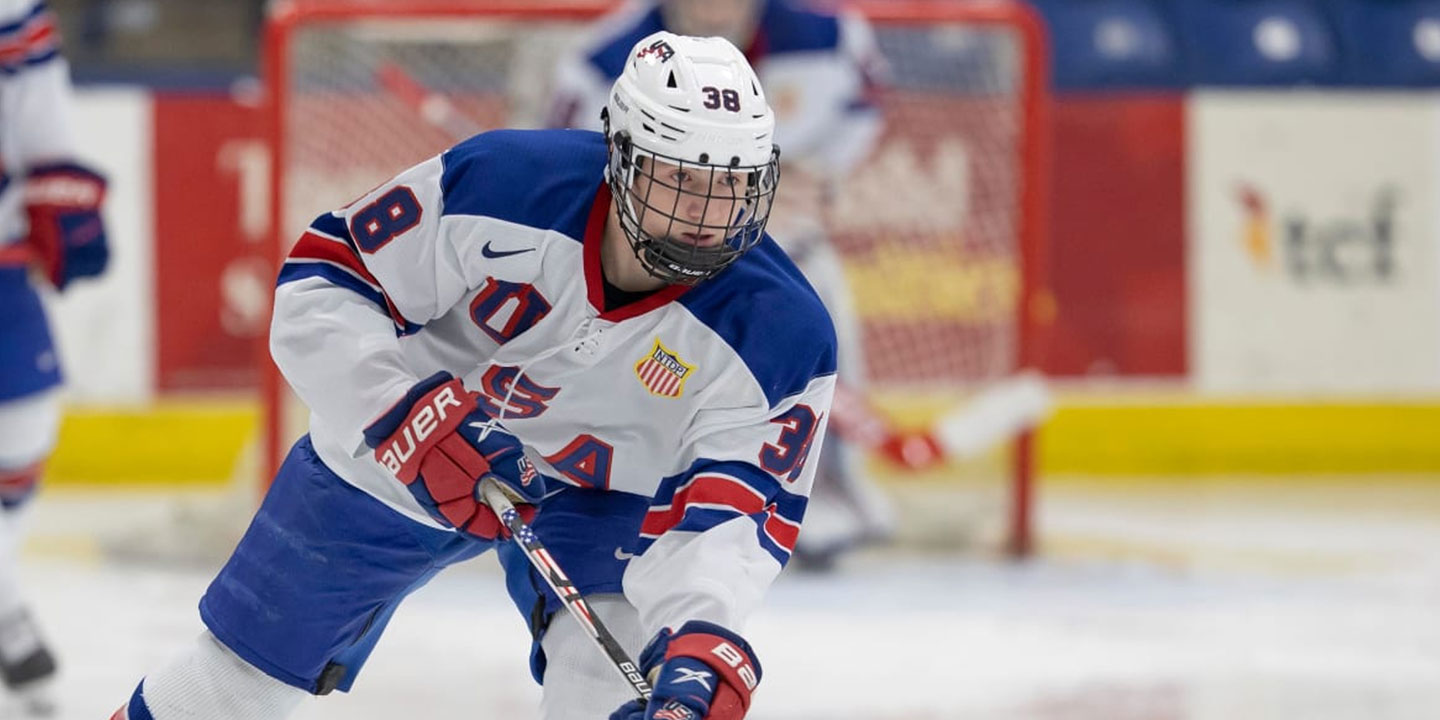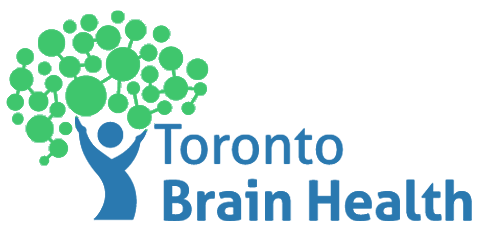Concussion Clinic
At Toronto Brain Health we are passionate about helping individuals at risk for prolonged recovery following a concussion. For those who are stuck with persistent post-concussion symptoms, we are there to identify and treat barriers to recovery.
Toronto Brain Health provides assessment and concussion management to individuals who are 18 years and older including:
- Identification of risk factors for prolonged recovery after concussion.
- Assessment and treatment of barriers to recovery in individuals experiencing persistent post-concussion symptoms (more than 2 weeks following injury).
- Neuropsychological evaluation when clinically indicated following concussion

15-20% of people are at risk of getting stuck in their concussion recovery. Neuropsychologists play an important role in diagnosing concussions, identifying risk factors and barriers to recovery, and targeting these barriers with evidence-based treatment.
Concussion Assessment
The initial consultation with a neuropsychologist at Toronto Brain Health is the first step toward getting evidence-based treatment. The goal of the initial consultation is to diagnose a concussion or confirm a diagnosis, identify risk factors for prolonged recovery, identify barriers to recovery for persistent post-concussion symptoms, and to discuss a treatment plan. Depending on your specific circumstances, a more detailed neuropsychological evaluation may be indicated. Your treatment plan may include further referral to other disciplines or health professionals in the community who are qualified to provide evidence-based assessment and treatment for concussion and/or related issues (e.g., physiotherapy for assessment and treatment of neck injury, vestibular or balance problems).
Initial consultation includes:
- Completion of online forms as part of gathering pertinent information to make the initial consultation more efficient and informative to you.
- Review of medical records, if available, pertaining to medical, neurological, physical, and/or psychological history which can be important to informing prognosis.
- Diagnosis of concussion or confirmation of diagnosis.
- Brief screen of current psychological, cognitive and physical symptoms to identify potential barriers to return to life, sport, work.
- Preliminary treatment plan to address neuropsychological, psychological, and physical (pain-related) barriers to recovery.
- Referral to other professionals in the community as needed.
- For acute concussion (< 2 weeks since injury), initial consultation may focus on concussion diagnosis, concussion education and initiating guidance to reduce risk for prolonged recovery.
FAQs about Concussion
If you have any other questions, please contact us.
blank
- blank -
How do I know if I had a concussion?
Not every hit to the head results in a brain injury. If hitting your head was that dangerous, our toddler years would be pretty rough, and we would not survive as a human species. However, some hits do result in concussions. A concussion, also known as a mild traumatic brain injury, is an immediate and temporary alteration in brain functioning due to physical trauma.
A concussion can occur because of a hit to the head, or forces causing a sudden jolt to the head such as whiplash or blow to the body. Loss of consciousness is not necessary for a concussion to occur. In fact, only 10% of individuals who sustain a concussion lose consciousness. Up to a third of individuals experience post-traumatic amnesia, also known as a post-traumatic confusional state, which disrupts memory for events occurring shortly before or after injury. Loss of consciousness, post-traumatic amnesia, plus feeling dazed, disoriented, or ‘out of it’ are all examples of altered brain functioning which suggest that a concussion may have occurred (a physician, nurse practitioner or neuropsychologist are able to diagnose concussion).
For early diagnosis of concussion, see your physician or nurse practitioner, or if there are delays, attend a walk-in clinic. If you are experiencing severe symptoms such as severe headache, confusion, seizure, repeated vomiting and worsening in your symptoms, then a trip to the ER may be needed to ensure you did not sustain a more severe injury.
The content on this website is for informational and educational purposes only and is not intended to be a substitute for medical advice, diagnosis, or treatment.
What should I do if I had a concussion?
Following a concussion, a brief period of rest is recommended for the first 24-48 hours, such as avoiding intensive work or pushing yourself cognitively or physically. Rest does not mean lying in a dark room with no stimulation and avoiding all activity. We now know that isolating yourself in a dark room is not helpful and can actually prolong your concussion symptoms.
After the brief rest period, gradually increase your activity levels while still taking it easy by staying just below your symptom threshold (e.g., onset or worsening of symptoms), taking breaks as needed to stay comfortable, and not pushing into and making your symptoms worse (Type A personalities beware!).
In fact, ignoring and pushing through your symptoms will not get you back to life faster. Instead, it could make your recovery take longer.
So, what does a Type A person with a concussion do?
Don’t beat yourself up. Take it easy, take breaks as you need, make room for some self-compassion, and gradually increase activities over time over the next couple of weeks. After the initial rest period, research has shown that light cardio exercise (e.g., walking) can help with recovery. But don’t push into your pain and symptoms. In the case of concussion, “no pain, no gain” does not apply.
The content on this website is for informational and educational purposes only and is not intended to be a substitute for medical advice, diagnosis, or treatment.
How long does it take to recover from a concussion?
80% of people recover from concussion symptoms within 7-14 days of injury, with the average recovery period lasting 10 days. Although post-concussion symptoms may resolve within 2 weeks, we do not yet know how long it takes the brain to physically heal after a concussion. So, take care not to re-injure yourself in the weeks ahead, it could set you back in your recovery.
What are the risk factors for prolonged recovery after concussion?
The following are risk factors for longer than expected recovery following concussion. The more risk factors you check off, the higher the chances for a prolonged recovery.
- Multiple moderate to severe physical symptoms and sensitivities following mild traumatic brain injury (concussion).
- Moderate to severe cognitive symptoms.
- Post-traumatic headaches and/or migraine that won’t quit.
- Symptoms of depression, anxiety, trauma or sustaining the injury within the context of a stressful period in your life or stressful circumstances.
- Pre-existing mental health history including anxiety, depression, trauma.
- Adverse childhood history or adverse life events pre-existing injury (adversity can wire the brain for chronic pain).
- Past history of concussion(s)
Being at risk for prolonged recovery following a concussion does not mean that there is nothing you can do to change your outcome. If you have checked off several of the above risk items, you may benefit from targeted treatment to reduce your recovery time.
Can concussion symptoms last for months?
The short answer is yes.
The longer answer is, it depends. They don’t have to. There is a lot we have learned over the past several years about who is at risk for prolonged concussion recovery, what the barriers are to recovery and how to effectively target barriers to concussion recovery in treatment.
What are ‘barriers to recovery’ following concussion?
Although symptoms experienced immediately or shortly after injury can be directly related to brain injury, over time the brain heals and persistent symptoms can be maintained by many other factors, known as barriers to recovery.
Barriers to recovery following concussion can include depression, anxiety, avoidance of triggers (e.g., sound, lights, screens, physical or cognitive exertion), sleep problems, fatigue, pain (e.g., headaches), focusing on your symptoms, over exertion and experience of repeated setbacks in symptoms, and misinformation by well meaning family and health professionals. These factors can further interact to escalate each other (e.g., anxiety can fuel pain circuits in the brain) and maintain or even worsen symptoms.
Fortunately, neuropsychologists knowledgeable in concussion management can treat most barriers to recovery and get you on the right track to feeling like yourself again.
How do neuropsychologists at Toronto Brain Health treat concussion?
Neuropsychological treatment at Toronto Brain Health may include the following:
- Education and guidance to resolve symptoms more quickly.
- Biopsychosocial approaches to the treatment of chronic pain and physical symptoms (e.g., headaches, light and sound sensitivities), in conjunction with physiotherapy and neurology at other clinics or programs.
- Treatment of anxiety, depression, irritability, trauma, sleep problems, symptom preoccupation, low stress tolerance.
- Cognitive exertion training and cognitive rehabilitation , if indicated.
- Return to work or school readiness determination, a return plan, and guidance through the process.
- Many of our psychologists provide services under the WSIB Community Mental Health Program, insurer benefit plans and auto insurance for motor vehicle accidents.
Concussion Management and Treatment
Treatment following an acute or recent concussion (e.g., within 2 or so weeks of injury) can take as little as 1 to 2 visits, including initial consultation, education and guidance to optimize recovery. For individuals experiencing persistent post-concussion symptoms, treatment duration and approach depends on the nature and extent of symptoms and identified barriers to recovery.
Although symptoms experienced immediately or shortly after injury can be directly related to brain injury, over time the brain heals and persistent symptoms can be maintained by many other factors, known as barriers to recovery. At Toronto Brain Health, these barriers are targeted with evidence-based treatment.

